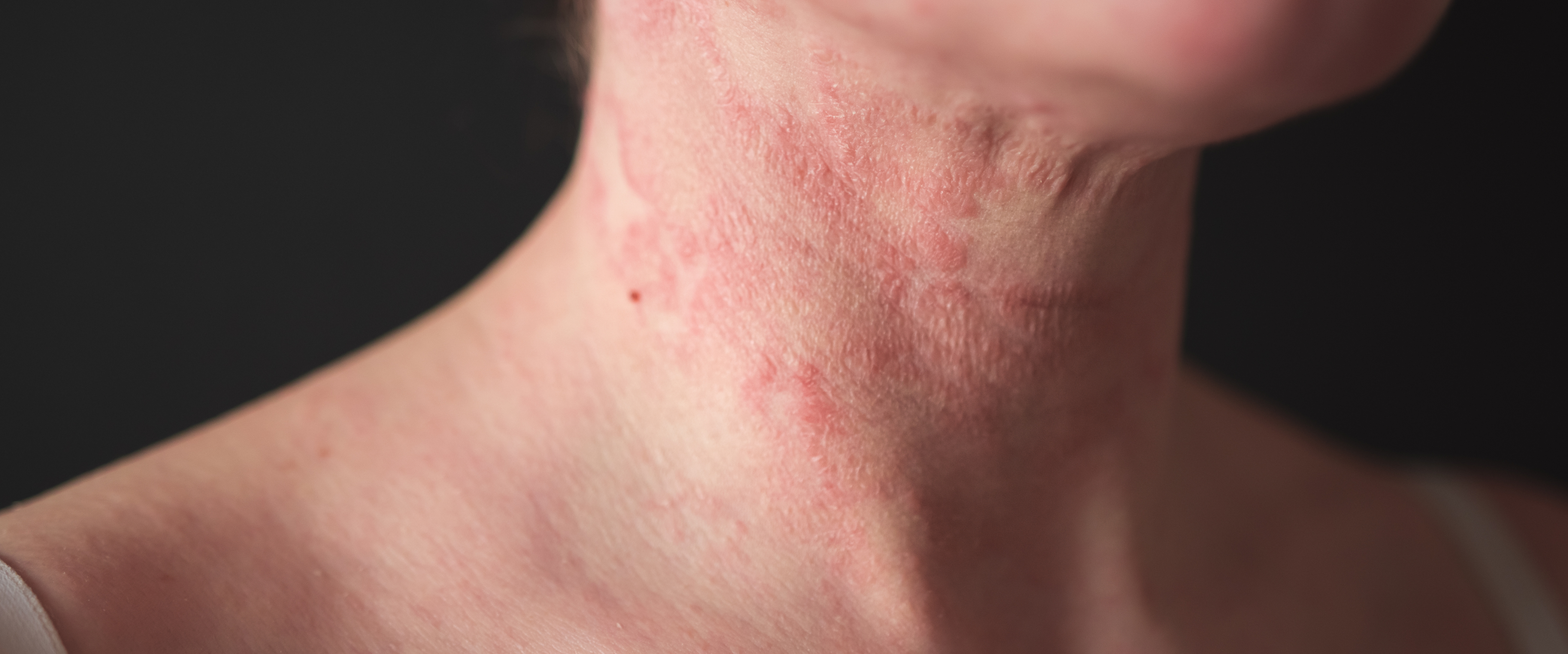
Neurodermitis (Atopic Dermatitis) in Children and Adults: Causes, Symptoms & Treatments
Neurodermitis, also known as atopic dermatitis or eczema, is a chronic, non-contagious skin condition affecting both children and adults. It leads to dry, itchy, inflamed skin that may crack, flake or ooze. While not dangerous, it can significantly reduce quality of life if left untreated.
1. What Is Neurodermitis?
According to the American Academy of Dermatology (AAD), neurodermitis affects 10–20% of children and 1–3% of adults globally. The condition typically develops in early childhood and can persist into adulthood. It is often associated with other allergic conditions such as hay fever or asthma.
2. Causes of Atopic Dermatitis
Though the exact cause remains unknown, neurodermitis is believed to result from a combination of:
-
Genetics: Family history of eczema or allergies
-
Skin barrier dysfunction: Reduced ability to retain moisture
-
Overactive immune response: Skin reacts strongly to triggers like pollen, pet dander or detergents
-
Environmental factors: Dry air, cold temperatures
-
Psychological stress: Can worsen flare-ups
3. Symptoms
Symptoms vary depending on age, severity and individual sensitivity:
-
Dry, rough, or flaky skin
-
Persistent itching, especially at night
-
Red or inflamed patches that may weep fluid
-
Thickened skin due to chronic scratching (lichenification)
-
In babies: often starts on the cheeks and scalp
-
In adults: commonly affects neck, hands, eyelids, elbows and knees
4. Is Neurodermitis Contagious?
No. It is not infectious and cannot be spread via contact, bodily fluids or shared personal items.
5. Treatment Options
There is no cure, but consistent care can keep symptoms under control:
-
Daily moisturizers with urea, ceramides or glycerin
-
Fragrance-free cleansers without soap or sulfates
-
Short, lukewarm baths followed by immediate moisturization
-
Medications: Topical corticosteroids, calcineurin inhibitors, antihistamines or antibiotics (if infected)
-
Phototherapy under dermatological supervision
-
Dietary adjustments: Avoid food allergens if confirmed by testing
6. Prevention Tips
-
Avoid triggers: harsh fabrics, allergens, extreme temperatures
-
Wear soft cotton clothing
-
Maintain humidity indoors during winter
-
Use hypoallergenic skincare products
-
Reduce stress through relaxation techniques and adequate sleep
7. When to See a Doctor
-
Severe or widespread eczema
-
Signs of skin infection (pus, fever, intense redness)
-
Poor response to OTC creams
-
Sleep disturbances due to itching
Conclusion
Neurodermitis is a manageable chronic condition with the right skincare, lifestyle habits, and professional support. Early diagnosis and consistent care help reduce flare-ups and improve daily well-being.
Sources:








